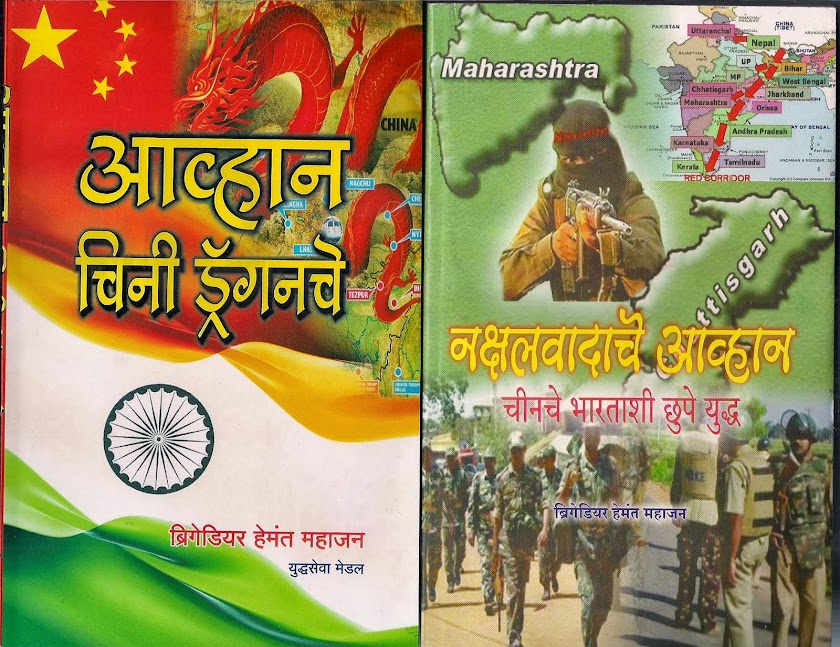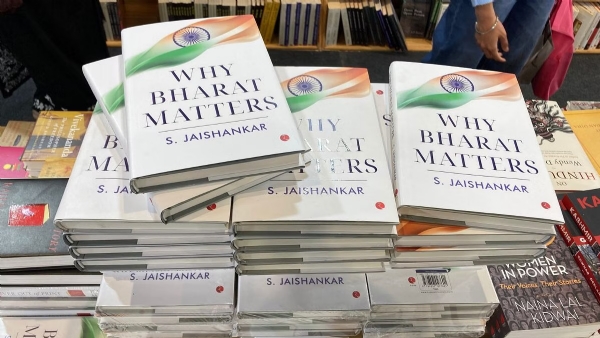The Indian Army has established two of the world's highest tank repair facilities in Ladakh, near the Line of Actual Control (LAC), the de facto boundary separating India and China. One center is located in the northern region, while the other is in the east.
This
development follows heightened tensions between India and China, particularly
since the 2020 standoff in eastern Ladakh. In response to China's increased
military presence, India has strengthened its defenses along the border.
Recently,
External Affairs Minister S. Jaishankar acknowledged the "abnormal"
deployment of forces along the LAC, emphasizing the critical nature of national
security amid ongoing tensions.
Significance
of the Tank Repair Facilities in Ladakh
The new tank
repair centers are situated in the Daulat Beg Oldi (DBO) sector and Nyoma, both
at altitudes exceeding 14,500 feet. These facilities address a crucial need, as
India has deployed numerous tanks, BMP combat vehicles, and Indian-made Quick
Reaction Fighting Vehicles in the region following the 2020 Galwan Valley clash
with China.
Maintaining
and repairing these armored vehicles in such high-altitude areas is
challenging. To support sustained operations, the Army has established Medium
Maintenance (Reset) Facilities in Nyoma and near KM-148 on the DS-DBO Road in
the DBO sector. These locations are focal points for tank and infantry combat
vehicle operations in eastern Ladakh.
Strategic
Importance
India has
stationed over 500 tanks and infantry combat vehicles in eastern Ladakh.
Previously, transporting these vehicles to the mainland for maintenance was a
difficult task. The new repair centers will enhance the operational
effectiveness and serviceability of these vehicles, ensuring they remain
combat-ready even in the harshest conditions.
On May 11,
Indian Army Chief General Manoj Pande visited the Medium Maintenance (Reset)
Facility in Ladakh. The Army highlighted in an official tweet that this
"unique maintenance facility" enhances the serviceability and mission
reliability of armored fighting vehicles, ensuring operational readiness in
rugged terrain and extreme weather, with temperatures plummeting to minus 40
degrees.
Geopolitical
Context
The repair
centers' locations are strategically significant. Daulat Beg Oldi (DBO) lies
south of the Karakoram Pass, flanked by Siachen to the west and Aksai
Chin—occupied by China—to the east. DBO is also near the strategic Depsang
Plains, at an altitude of 16,000 feet, where T-90s, T-72s, and BMP II armored
vehicles have been deployed.
Tanks are
crucial for enabling infantry movement and capturing objectives, providing the
staying power needed to defend against the enemy.
The other
facility, in Nyoma, is near a planned upgraded airfield capable of supporting
fighter jet operations, expected to be completed by October this year. This
upgrade is critical given the ongoing stalemate between India and China over
areas like Demchok and Depsang.
In the event
of conflict, these repair facilities will ensure rapid maintenance and
deployment of tanks, providing India with a strategic advantage in
high-altitude warfare.

